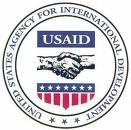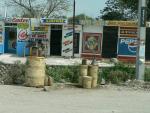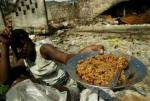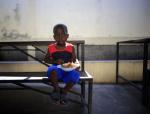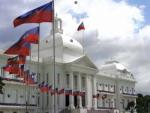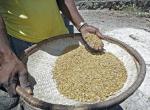Thugs, Drugs, and Guns: Haitian Ex-Military Re-Emerge in the North
 Like the United States, Haiti has a military tradition. Both countries won freedom through warcraft. Sadly, the Haitian military went on to kill far more Haitians than all attacking forces combined. The Haitian military degraded into an engine for corruption, human rights abuses, and coup after coup. Jean Bertrand Aristide disbanded the military in 1995 but they remain a threat as Jonathan Katz reminds us in the Miami Herald.
Like the United States, Haiti has a military tradition. Both countries won freedom through warcraft. Sadly, the Haitian military went on to kill far more Haitians than all attacking forces combined. The Haitian military degraded into an engine for corruption, human rights abuses, and coup after coup. Jean Bertrand Aristide disbanded the military in 1995 but they remain a threat as Jonathan Katz reminds us in the Miami Herald.
